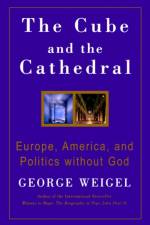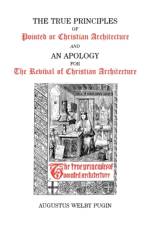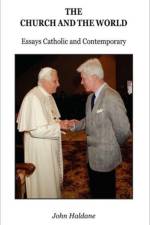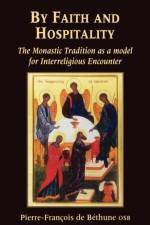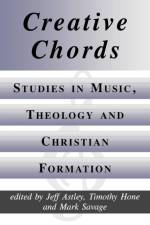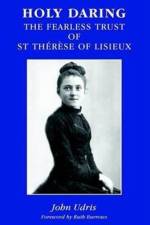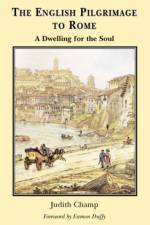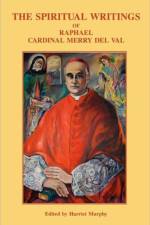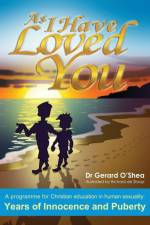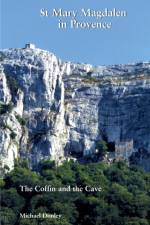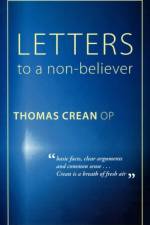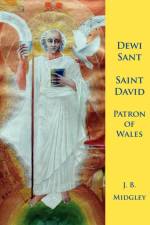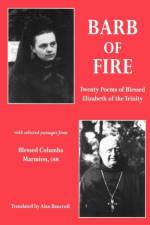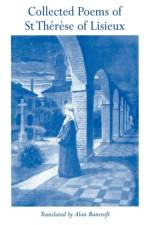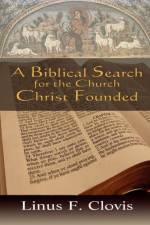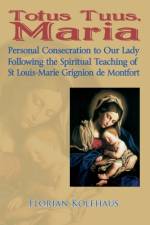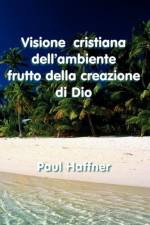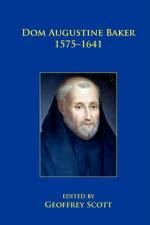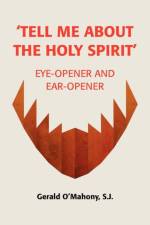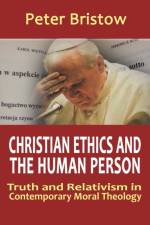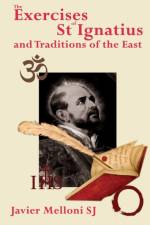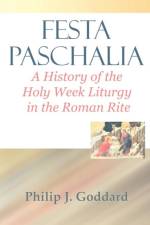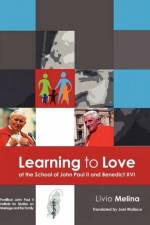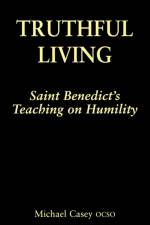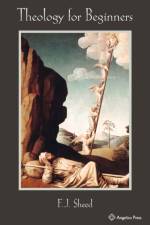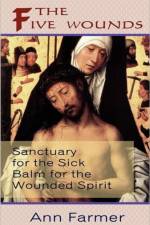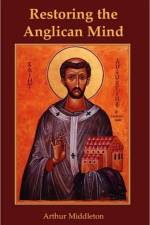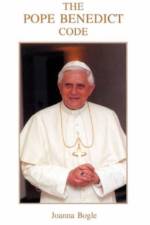av Cardinal Merry Del Val
197
Raphael, Cardinal Merry del Val, Secretary of State to Pope St. Pius X from 1903 to 1914, was born in the Spanish Embassy in London in1865, the son of a distinguished Spanish diplomat. His father's family was partly Irish, his mother's part Spanish, partEnglish. Brought up and educated in England, Merry del Val remained devoted to the cause of the conversion of England throughout his life - writing the prayer for the conversion of England which Pope Leo XIII included in his encyclical of 1895 to the English people, Amantissima Voluntatis.When Merry del Val had gone to Rome in 1885 to complete his studies for the priesthood his potential was immediately recognized by Pope Leo XIII, who insisted that he be enrolled in the Pontifical Ecclesiastical Academy (for the formation of priests to serve in the papal diplomatic corps or the Secretariat of State). Merry del Val spoke and wrote faultless Latin, English, Spanish, French and Italian, while his studies at the Gregorian University and the Accademia were to give him qualifications in theology, philosophy and canon law. He was ordained priest in 1888.Cardinal Merry del Val also led a penitential, hidden life, and was a great director of souls, spending hours in the confessional, preaching retreats, receiving over forty converts into the Church in the period 1894-1904, and working tirelessly in the Sacred Heart Association he had founded for destitute boys in 1889, to protect and nurture souls.This collection of his spiritual writings focuses on his labours as a shepherd of souls; this is what he asked to have inscribed on his tomb in the crypt of St. Peter's - "souls, souls, give me souls, take all else away". The letters of direction he wrote to his penitents, converts and spiritual children demonstrate that he was a simple, practical, direct and effective shepherd and guardian of souls. These writings form a comprehensive guide to the spiritual life suitable to lay Catholics who are taking the call to personal holiness very seriously.The cause for the beatification of the Servant of God Raphael, Cardinal Merry del Val is ongoing.Harriet Murphy taught modern languages at London, Dublin, Cork and Warwick universities, publishing on Goethe and Elias Canetti, before she began research at the Secret Vatican Archives. A member of the Society of St Pius X, the Society of St Catherine of Siena, and the Latin Mass Society, she contributes to Christian Order and Mater Dei, specializing in the intersection between literature, theology and politics.

